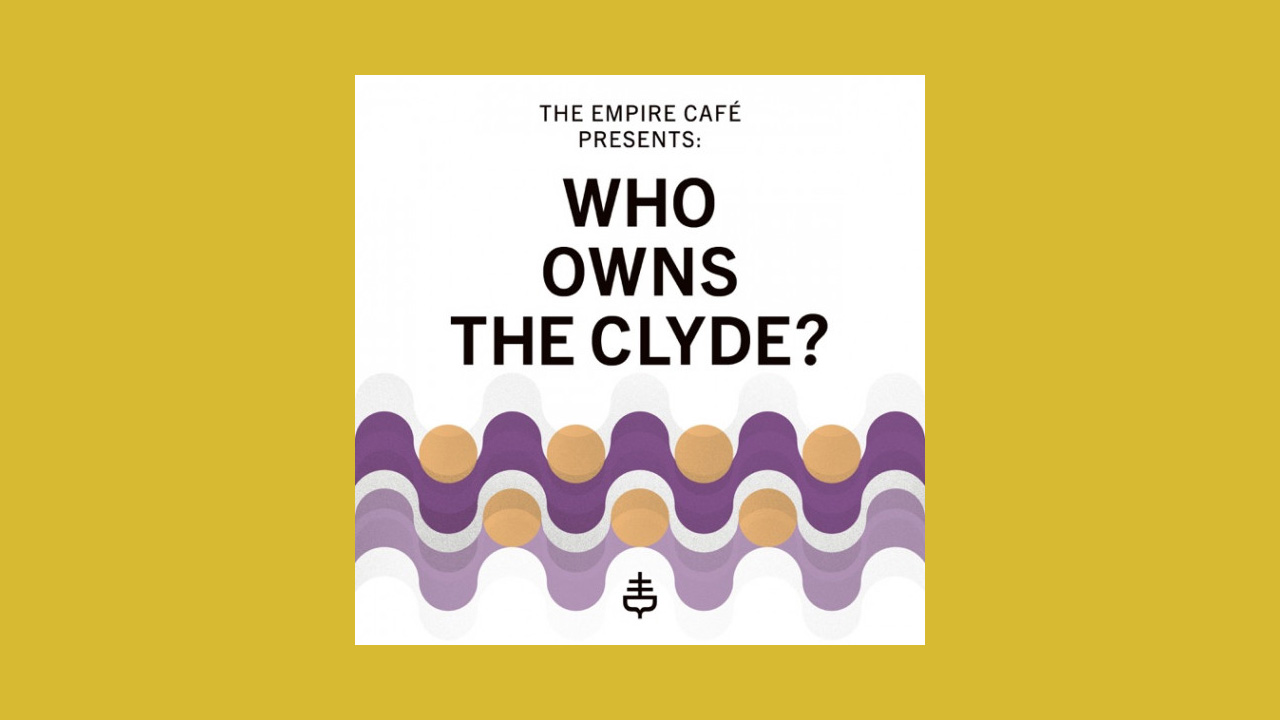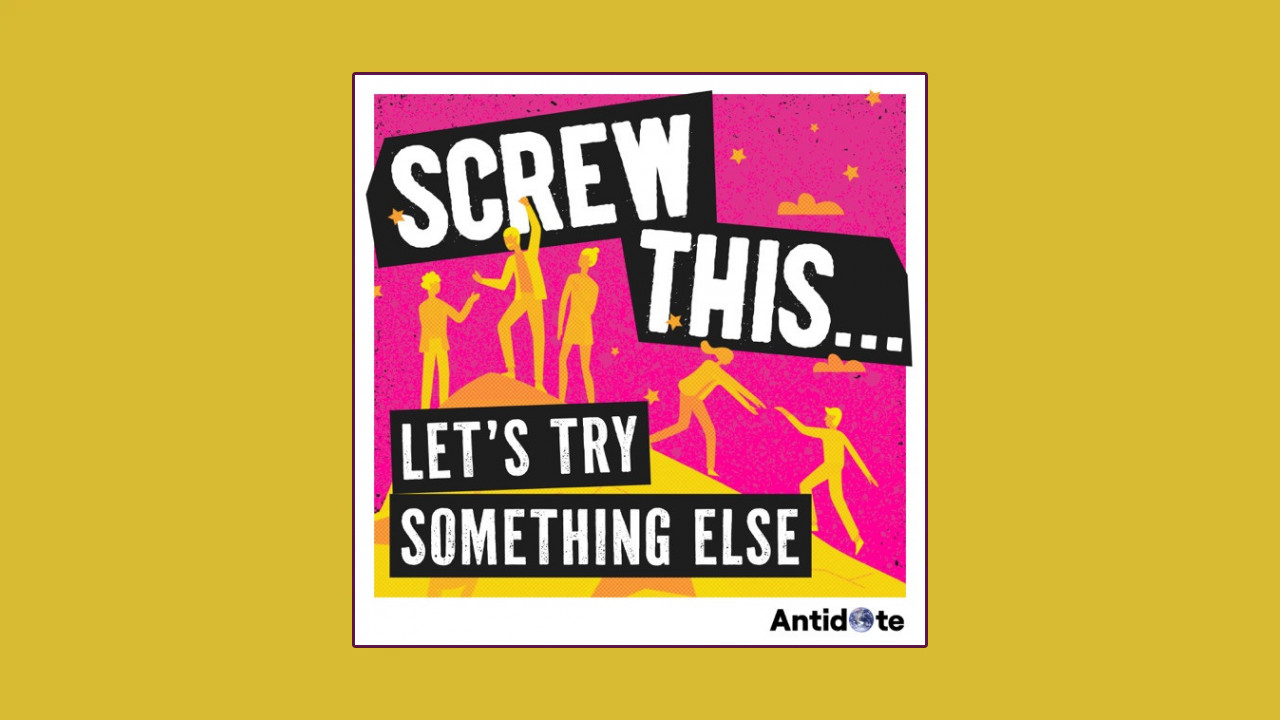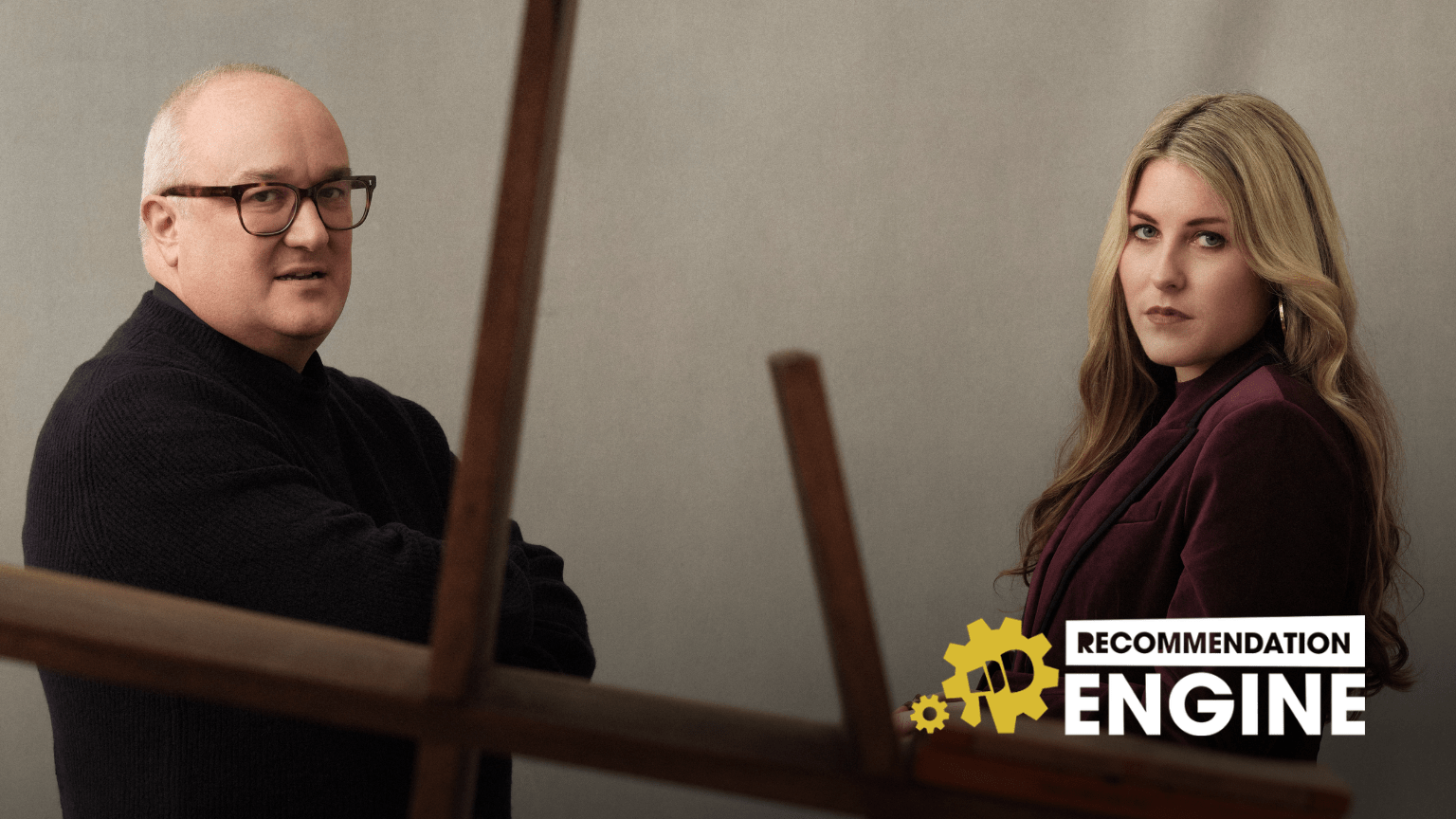An interesting and thoughtful three part series looking at the history of the River Clyde in Glasgow and its untapped potential. If you ever visit the Clyde you’ll see huge bits of infrastructure and well-known buildings, such as the Hydro or the headquarters of BBC Scotland, next to vast swaths of empty land or abandoned buildings adjacent to the river. A hangover of Glasgow’s post industrial decline, it isn’t exactly clear or transparent who owns these areas, which can make new development tricky.
“The Clyde made Glasgow to a huge degree, and it should be at the heart of the city,” says Glasgow City councillor Susan Aitken. “Well, it is physically at the heart of the city, but it's not. People, citizens, are disconnected from it.”
It is a brought to you by The Empire Café, which was originally set up in 2014 to explore Scotland’s historic links to the North Atlantic Slave trade in and is hosted by writer Louise Welsh and architect Jude Barber.






